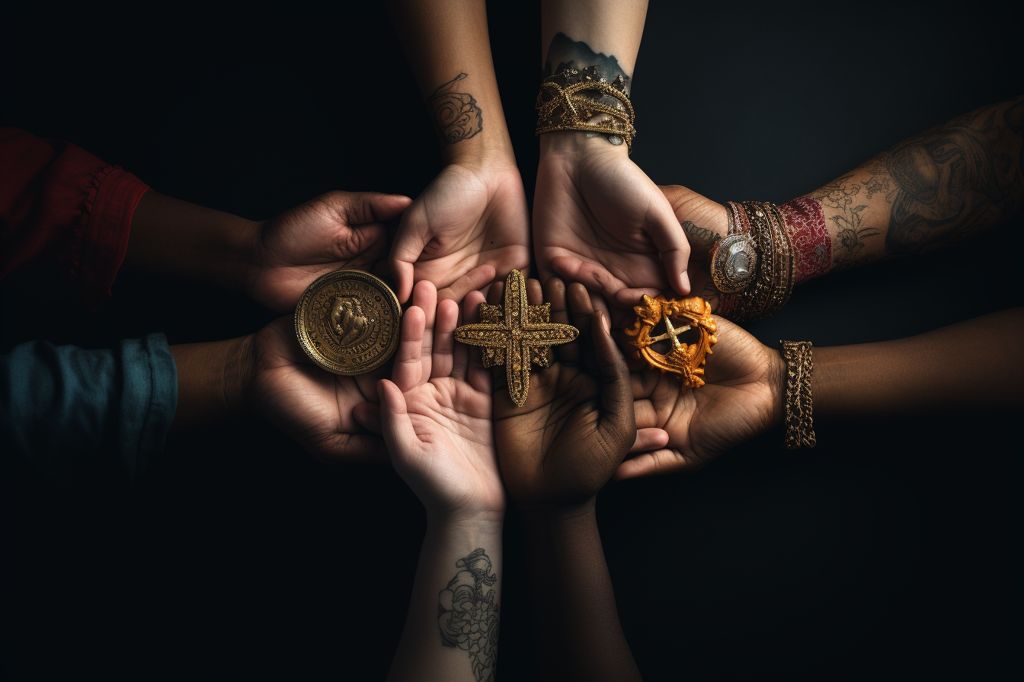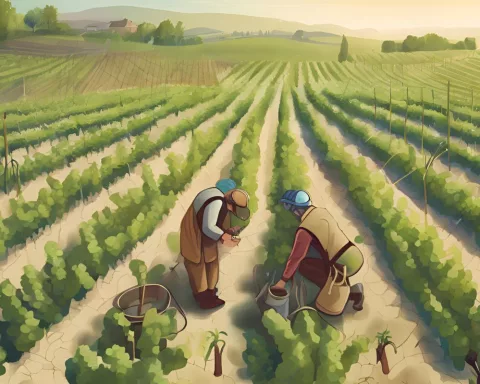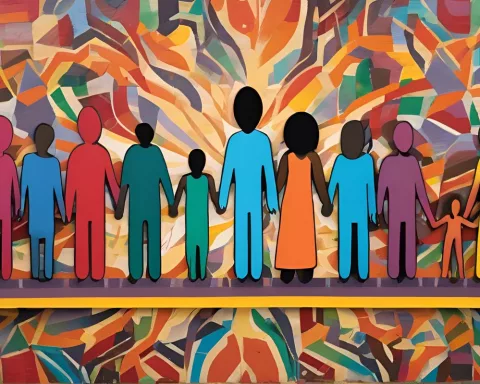Building Bridges through Inter-Faith Collaboration
Deputy President Paul Mashatile recently engaged with inter-faith leaders to stress the significance of unifying South Africa’s multifaceted religious and cultural background and encouraging mutual respect and conversations among communities. The event was held at the Birchwood Hotel and OR Tambo Conference Centre, featuring numerous religious and inter-faith leaders devoted to promoting social unity, inter-faith discussions, and nation-building.
Mashatile cited the United Nations Educational, Scientific and Cultural Organization (UNESCO) and its three fundamental components for encouraging respect and dialogue among communities: acknowledging the lasting nature of religious and sacred heritage, preserving its genuineness and integrity, and fostering comprehension of shared history. Within the South African context, prioritizing these objectives has enabled faith-based organizations to support national endeavors during critical moments, such as the COVID-19 pandemic and the struggle against gender-based violence and femicide.
South Africa’s rich cultural and religious variety underscores the need to recognize and cherish the distinctive contributions of individuals, cultures, and viewpoints from different faiths. Mashatile stated that inter-faith leaders must collaborate to protect religious and sacred sites since they possess significant cultural value and play a vital role in conserving traditions.
The Role of Education and Dialogue in Promoting Tolerance
Education and inter-faith dialogue are essential in nurturing tolerance and understanding. By partnering with educational institutions and the government, comprehensive educational programs can cultivate respect and appreciation for religious diversity. Deputy President Mashatile commended inter-faith leaders for exemplifying South Africa’s heritage and the harmonious coexistence of various faiths, with no one asserting dominance over the other.
South Africa’s history bears witness to the fortitude and resilience of its diverse population, who battled against injustices and safeguarded civil and religious freedoms. Faith leaders such as Beyers Naudé, Desmond Tutu, Peter Storey, Allan Boesak, and Dr. Martin Luther King Jnr played substantial roles in shaping the nation’s moral direction.
By reflecting on historical lessons, inter-faith leaders and the government must work together to confront contemporary social issues like gender-based violence, poverty, unemployment, drug and substance abuse, child abuse, crime, corruption, teenage pregnancy, and high HIV infection rates among young people. Deputy President Mashatile urged for an institutionalized partnership to tackle these challenges more effectively.
Inter-Faith Initiatives and Government Cooperation
Collaborative endeavors between government entities and inter-faith communities are vital for addressing societal problems and fostering social unity. Inter-faith projects, such as community service, can contribute to societal transformation and inspire unity during difficult times.
Over the past 29 years, the South African government has made considerable strides in enhancing the lives of its citizens. Currently, most South Africans, particularly the poor and vulnerable, have access to education, healthcare, and basic services. Faith communities have also played a crucial role in guiding the government when it has deviated from its mission to unite and advance the country.
Deputy President Mashatile called for a renewed commitment to cooperate and deepen the partnership between the government and inter-faith leaders, working together to build a better South Africa for current and future generations. By fostering a society rooted in the values enshrined in the Constitution, the nation can ensure that its democracy remains stable and robust, ultimately actualizing the vision of a united, diverse, and prosperous South Africa.








